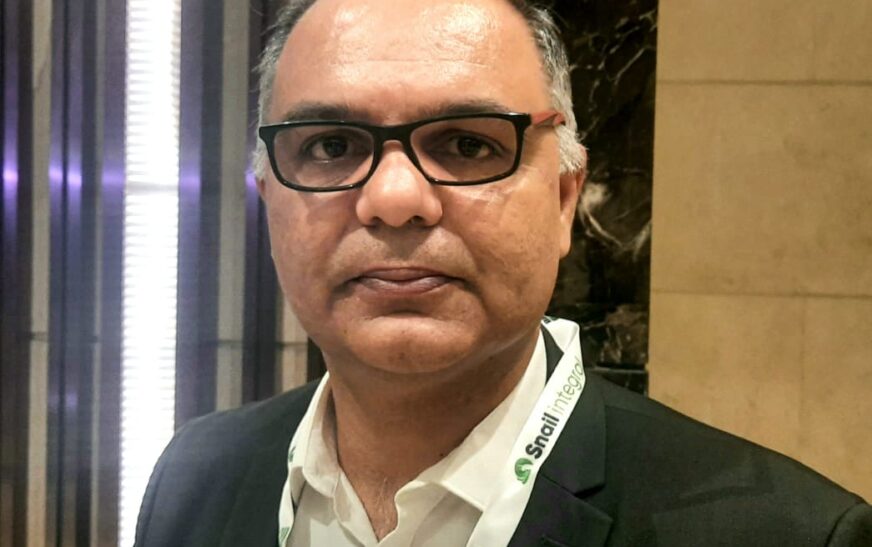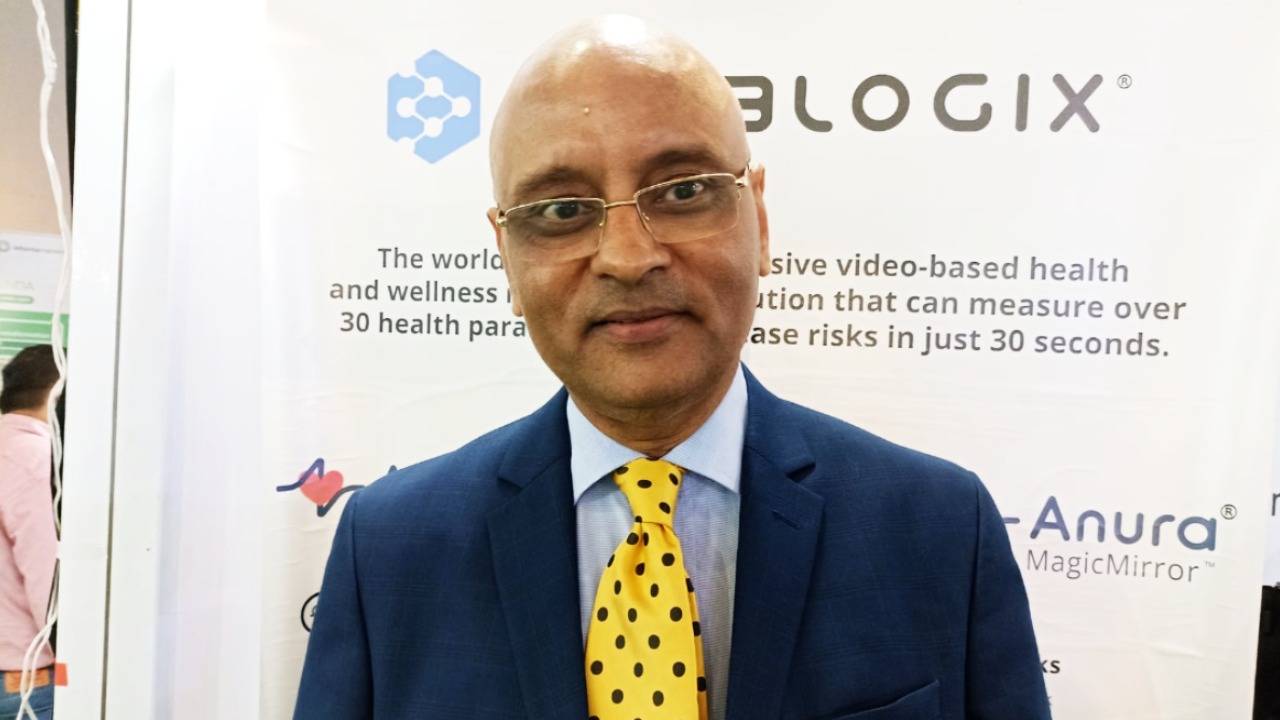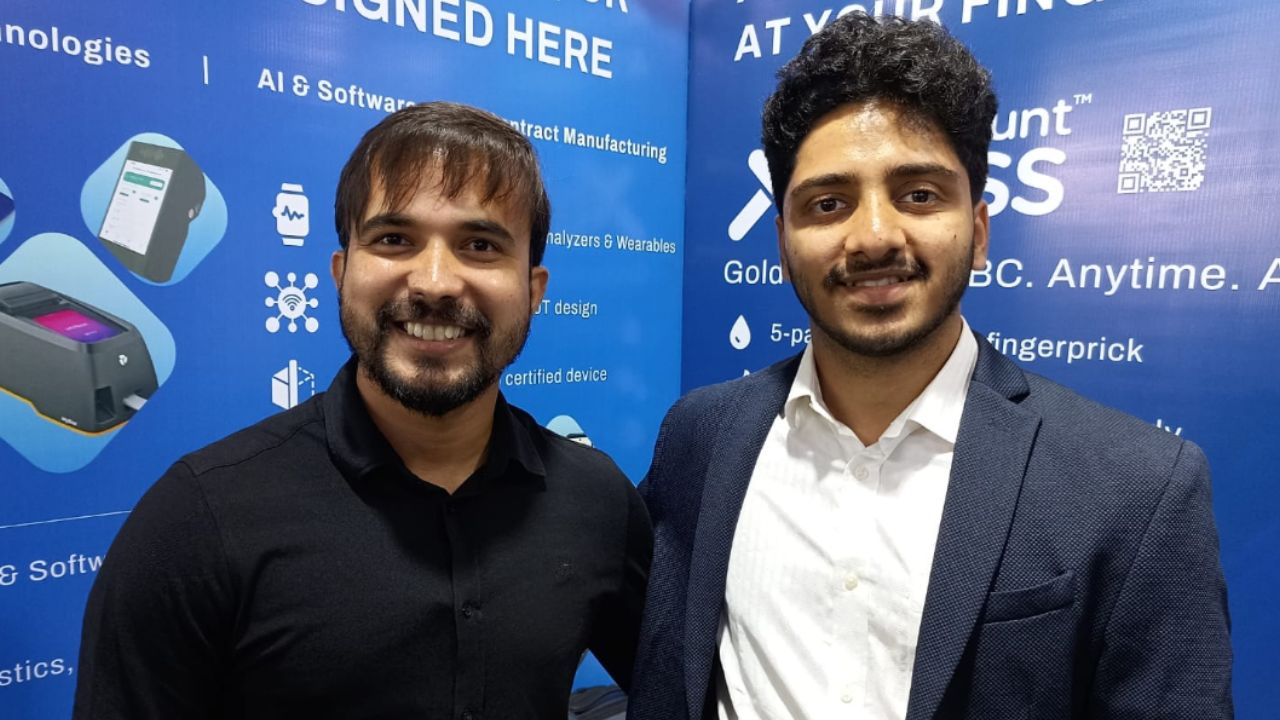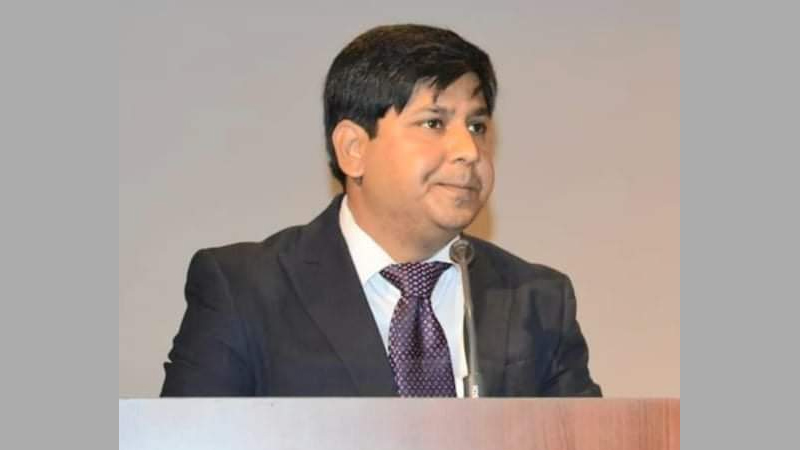Synergy Technofin stands at the forefront of consultancy, delivering cutting-edge solutions in agribusiness and sustainability. With over 14 years of expertise, it offers comprehensive advisory services across the agricultural value chain. From crafting agribusiness strategies to executing projects and conducting financial feasibility studies, Synergy’s approach is holistic and impactful. The firm actively supports startups, drives innovation in agri-tech, and champions climate-smart practices such as carbon farming and precision agriculture. With a global footprint spanning Asia, Africa, Europe, and the Middle East, Synergy leverages technology and capacity-building initiatives to transform agriculture and empower communities.
In an exclusive conversation with The Interview World, Sunil Sihag, Managing Director of Synergy Technofin, shares his vision and approach. He highlights how the company empowers farmers at every stage of the agricultural value chain. Furthermore, he accents how Synergy is offering tailored solutions to address the unique challenges of smallholder farmers. He emphasizes Synergy’s pivotal role in engaging farmers to tackle sustainability challenges and aligning their efforts with global sustainability goals. Below are the key insights from this compelling discussion.
Q: How is Synergy Technofim empowering India’s farming community with advisory services across the agricultural value chain?
A: Synergy Technofin specializes in agribusiness advisory, designing and executing large-scale projects in collaboration with leading corporates. We focus on promoting sustainable farming practices and developing traceable supply systems to ensure transparency and accountability for our corporate partners.
Our work spans the entire agricultural value chain, from farm to market. We engage directly with farmers, creating collectives such as Farmer Producer Organizations (FPOs) and providing training, capacity building, and on-ground demonstrations. Moreover, we guide farmers in adopting sustainable production methods, ensuring they align with modern agricultural standards.
We also facilitate access to financial resources. For FPOs, we enable credit linkages with nationalized banks, microfinance institutions, and non-banking financial companies (NBFCs). Additionally, in many of our projects, we collaborate with Self-Help Groups (SHGs) to promote micro-savings and integrate government schemes for convergence.
Through this holistic approach, we empower farmers, strengthen their financial independence, and drive meaningful change in the agricultural ecosystem.
Q: How is Synergy Technofim tackling the financial and geographic challenges contributing to farmers’ distress in regions like Vidarbha, and what solutions are being implemented to support them?
A: While I haven’t directly worked with farmers in Vidarbha, my experience with smallholder farmers elsewhere highlights similar challenges and solutions. Many small farmers, despite having access to formal financial institutions through mechanisms like Kisan Credit Cards, often reach their borrowing limits. This creates a significant financial bottleneck.
To address this, we focus on developing alternative financial mechanisms. For instance, we promote the formation of Self-Help Groups (SHGs) to encourage micro-savings and facilitate inter-lending among members. These grassroots initiatives provide a much-needed financial cushion and foster community-based support systems.
Additionally, when establishing Farmer Producer Organizations (FPOs), we emphasize building a strong commercial foundation. With the right governance and structure, FPOs can gradually develop a robust credit history, enhancing their ability to access better financial resources and credit facilities over time. This strategic approach helps smallholders overcome financial constraints while promoting sustainable growth.
Q: What tailored solutions or services does Synergy Technofim provide to address the unique challenges faced by small-holding farmers compared to large-holding farmers?
A: We collaborate with nearly 100 farmer collectives, including self-help groups (SHGs), farmer producer organizations (FPOs), and cooperatives. These collectives are not just a way to overcome the challenges posed by small holdings; they empower farmers to voice their needs and negotiate effectively with market forces. This approach builds resilience and strengthens their position in the market.
Q: How is Synergy Technofim empowering farmers to adopt sustainable practices while addressing the challenges of the cost-benefit matrix, ultimately helping them achieve better yields?
A: As an organization, we view sustainability not as a one-time fix but as an ongoing process. Transitioning to sustainable practices takes time and must be gradually integrated. That is why all our sustainability initiatives are built on long-term projects, typically spanning four to five years.
We work closely with farmers, gradually building their trust. We organize demonstrations and often face setbacks; many of our initial demonstrations do not achieve the desired yield. This is part of the process—an ongoing cycle of refining, adjusting, and improving our methods until we reach scientifically proven solutions. Only then do we persuade farmers by showing them tangible, successful results from their own experience.
Q: How challenging is it to engage farmers in addressing sustainability issues and aligning them with sustainability targets across the agricultural value chain?
A: This is a significant challenge. For farmers, the goals often conflict. On one hand, we aim to help them maximize their income from their land. On the other, we advocate for sustainable practices, which can initially impact their earnings. For farmers, these potential setbacks can feel significant.
However, the importance of sustainability becomes clear when viewed through the lens of climate change and the losses associated with conventional farming. Sustainable practices can foster climate-resilient farming, offering long-term benefits that outweigh the short-term drawbacks. This is how farmers can be integrated effectively into the agricultural value chain, ensuring their livelihood and environmental resilience.









